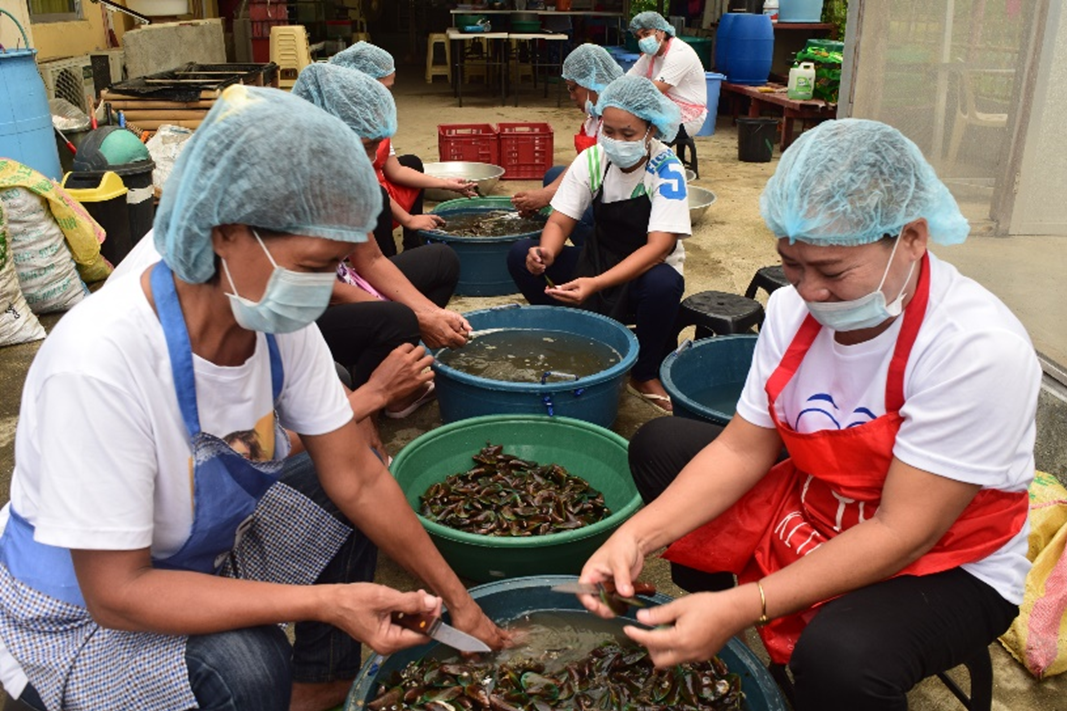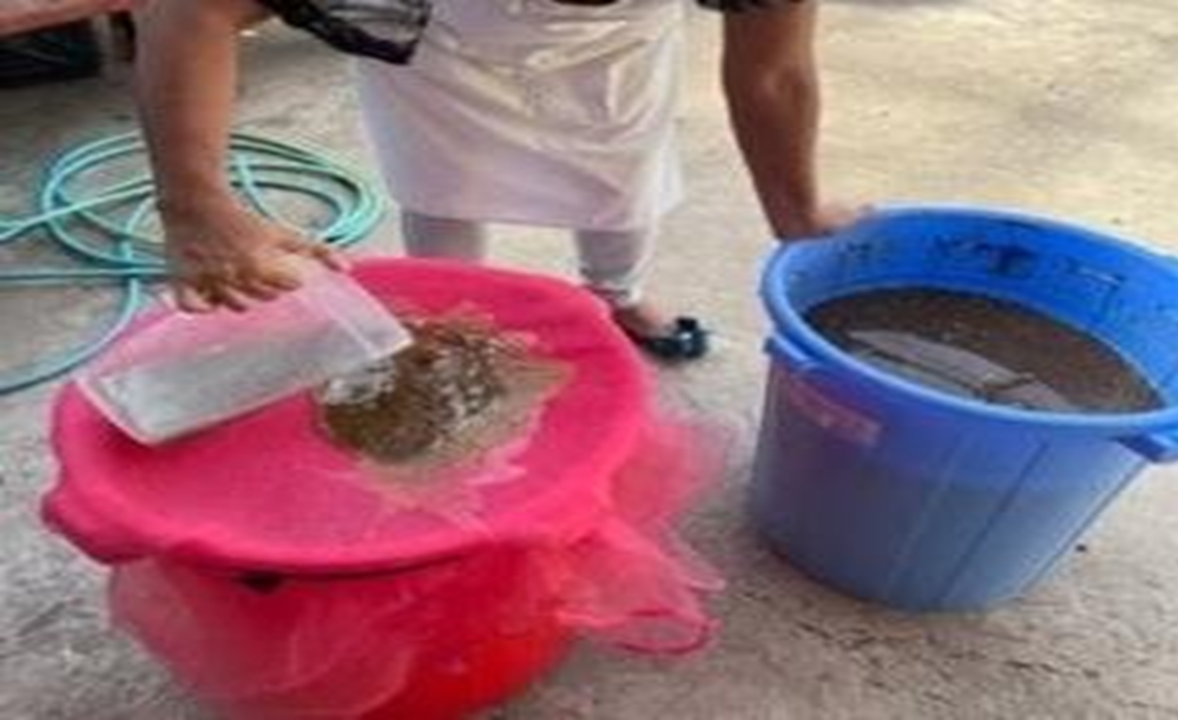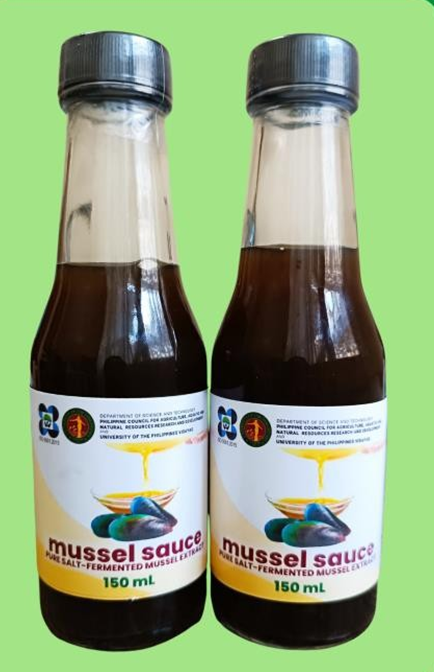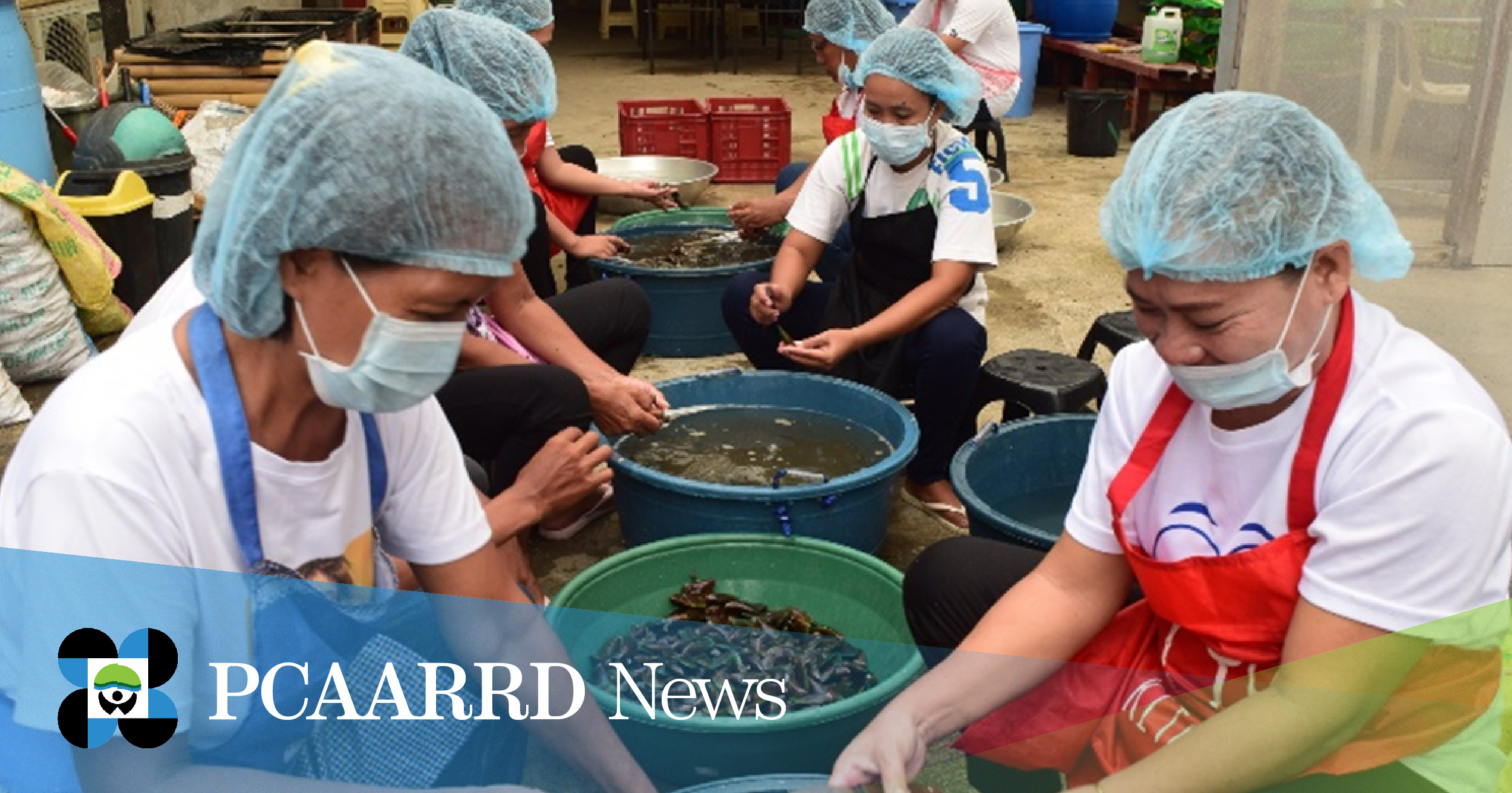A new low-sodium food ingredient derived from green mussels (Perna viridis) is in development, promising to enhance flavor while addressing health concerns related to high salt intake.

Mussels or “tahong” is a staple Filipino cuisine due to their affordability and widespread availability, especially in coastal communities where mussel farming is a key livelihood for both small and large-scale farmers. During peak harvest seasons, an oversupply of fresh mussels is often observed. This prompts efforts to explore and utilize the excess harvest for alternative applications. One of these applications is the production of low-salt fermented sauce, which adds value to the excess harvest and is a healthier ingredient.
With the adaptation and modification of the fermentation process, green mussel was transformed into a low-salt fermented sauce rich in amino acids, minerals, and other beneficial compounds. Although still in the research and development (R&D) phase, the sauce shows potential as a healthier alternative to traditional fish sauce.
The sauce contains significantly less sodium than commercially available fish sauce which aligns with consumer demand for health-conscious food options.

This technology was explored for upscale production through the project, “Product Process Optimization at Up-Scale Production and Marketing Plan for Low Salt-Fermented Mussel (Perna viridis) Sauce.” The project generally aimed to evaluate the process efficiency, product cost, and market promotion strategies for the low-salt fermented mussel sauce. This was funded by the Philippine Council for Agriculture, Aquatic and Natural Resources Research and Development of the Department of Science and Technology (DOST-PCAARRD).
A critical component of the project involves scale-up production, enabling effective transition from laboratory production to larger volumes to ensure that the product can withstand the rigors of processing. Test runs were conducted to understand process dynamics and provide base information so the technology can be safely implemented. This study was conducted together with industry partners to ensure that the product is within the industry standards.

Project findings demonstrated the need for effective pricing policies and strategies, as well as cost-efficient production methods to ensure the product’s financial viability. A detailed market validation study across consumer segments will support these necessities to efficiently guide pricing decisions without compromising the product quality.
With the development of the sauce from locally produced Philippine green mussels, a recommendation on the necessary data and information was initiated for the government food regulating bodies to craft the country’s quality standards for the product.

